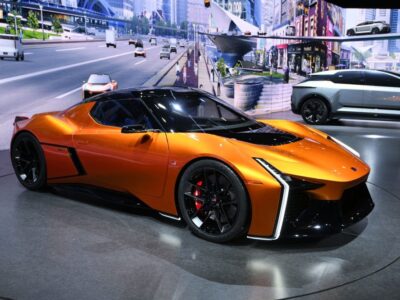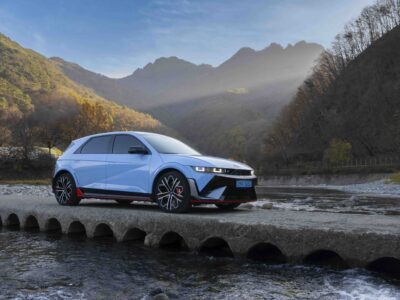Among First Midwestern Cities With Electric Garbage Trucks
Automotive electrification is not a new concept in 2022. Tesla has already been around for about a decade, and in recent years the ability of average consumers to purchase an electric vehicle (EV) has dramatically increased. If not Tesla, there are no shortage of emerging names like Rivian, Lucid Motors, and Hyliion, as well as established names like General Motors and Ford making serious forays into the EV sector. But what about non-consumer vehicles that are essential for public utility?
Municipalities are finally beginning to address the emissions problem within their vehicles. Last year, Boise, ID, added the first fully electric garbage truck to the city fleet. This move signals an important step forward for major Midwestern cities in beginning the process of prioritizing utility vehicles as significant emissions sources.
While vehicles like garbage trucks exist in a far smaller number than your average consumer vehicle per capita, they are generally accumulating significantly more mileage each day due to the nature of the job.
Fewer trucks mean more emissions per vehicle, making the need to electrify them all the more critical.
The 21-ton truck was added to city waste management contractor Republic Services’ fleet of standard diesel trucks. Because swapping out an entire fleet of garbage trucks would not be financially feasible — the average cost of switching just one vehicle can exceed $300,000 — adding only one allowed Republic Services to test the waters before eventually replacing the rest. The truck has an operating capacity of 120 full containers daily. It can also hold an impressive seven tons of waste material before needing to dump its haul, making it very efficient for all-day pickup routes. Boise city officials say five electric Mack LR garbage trucks are currently in its fleet, with five more coming soon.
At city hall, a strong sense of optimism surrounded the addition of the first truck as a stepping stone toward a fully-electric fleet within the coming years. “What’s really cool and exciting about this is that we are experimenting …” said Mayor Lauren McLean of the decision. “Clean air, less reliance on fossil fuels, and a firm commitment to transitioning to clean electricity benefits all residents and businesses in Boise.”
The Mack LR Electric model came to Boise in a convergence of several long-term plans between state officials, waste contractors, and truck manufacturers to eliminate the use of diesel models in the coming decades.
“This truck is the future for the plant,” said Gunnar Brunius, Mack’s Lehigh Valley Operations vice president. “But, the question is then the timeline of when we are moving from diesel trucks into electric. The transition period — how long that will be — that is sort of written in the stars.”
Mayor McLean has a much firmer timeline for Boise, with plans to become carbon-neutral for all city operations by 2035, waste management included. “This is a great example of how innovation and partnerships can help us achieve our broader climate goals,” she said.





